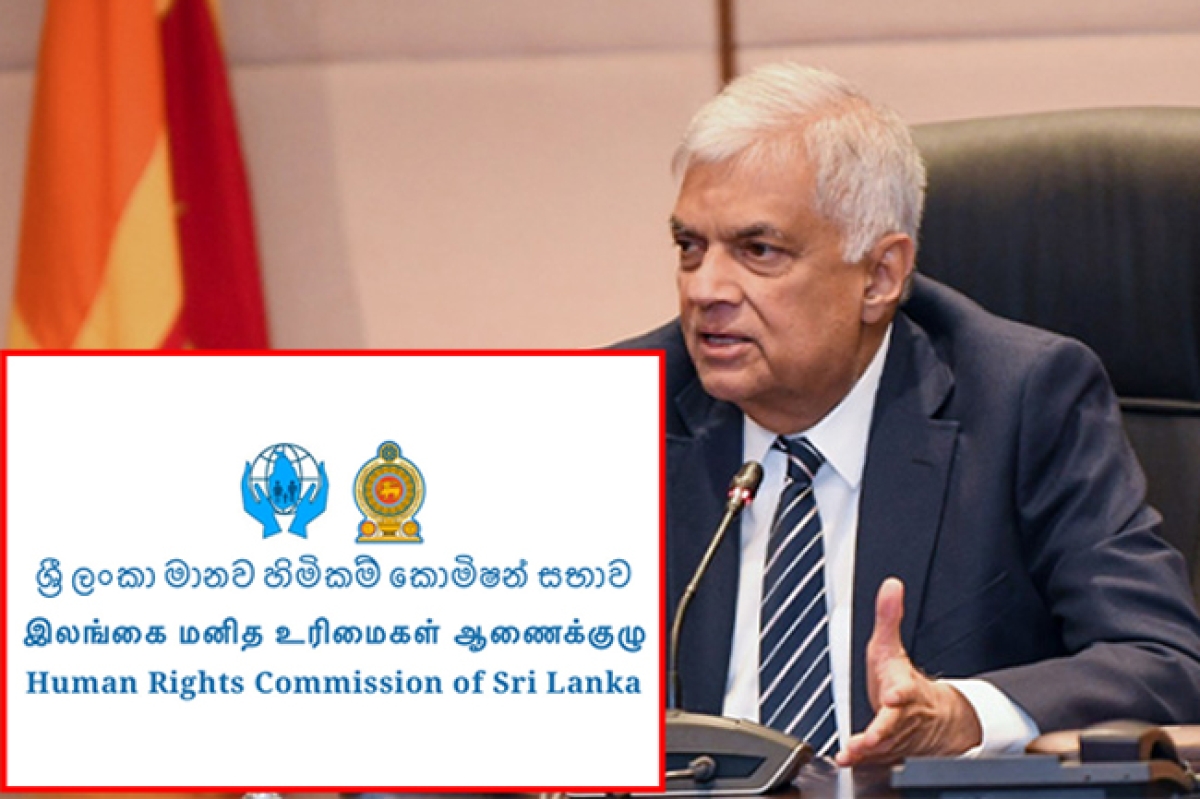The Human Rights Commission of Sri Lanka (HRCSL) has forwarded its preliminary observations and recommendations on the Online Safety Bill to the Minister of Public Security, Tiran Alles. The commission, operating within its mandate under section 10(c) of the Human Rights Commission of Sri Lanka Act, No. 21 of 1996, conducted a comprehensive review of the recently published Bill aimed at enhancing online safety for Sri Lankan citizens.
Expressing its commitment to safeguarding fundamental rights while recognizing the importance of creating safer online spaces for citizens, the HRCSL raised several concerns regarding the proposed Bill. Notably, the commission highlighted the challenges faced by law enforcement authorities in interpreting and applying existing provisions of criminal law concerning online activities. A key focus was section 3 of the International Covenant on Civil and Political Rights (ICCPR) Act, No. 56 of 2007, which has presented issues.
The HRCSL noted that section 3 of the ICCPR Act has not been consistently enforced to address online incitement to violence. Furthermore, it has been misapplied, resulting in the punishment of online content that does not constitute incitement. The commission emphasized the need for consistency in the application of this provision, referencing its general guidelines published in August 2019.
The commission also cited a recent High Court order (Case No. HCEB A1133512023), which raised questions about the scope and misapplication of section 3 of the ICCPR Act. Given these concerns, the HRCSL proposed a reconsideration of the timing of the Online Safety Bill. The commission stressed that enhancing the capacity of law enforcement authorities to interpret and apply existing criminal law related to online activities should precede new legislation. Failing to do so, the HRCSL cautioned, could potentially impact freedom of speech and expression.
In response to these concerns, the HRCSL provided a series of general observations and recommendations aimed at ensuring the Bill aligns with the fundamental rights chapter of the Sri Lankan Constitution. These recommendations included avoiding the criminalization of statements considered merely 'distressing,' ensuring the political independence of the proposed Online Safety Commission, and revising procedures for adverse decisions against individuals to adhere to principles of natural justice.
The HRCSL also called for the revision or removal of offenses related to 'prohibited statements' and urged the inclusion of clear criteria for the classification of inauthentic online accounts. Additionally, the commission welcomed the introduction of a new offense addressing child abuse through online means and encouraged collaboration with relevant ministries to address this issue effectively.
The HRCSL concluded by highlighting its ongoing commitment to consult with stakeholders and provide further input to safeguard fundamental rights in the context of online safety.










